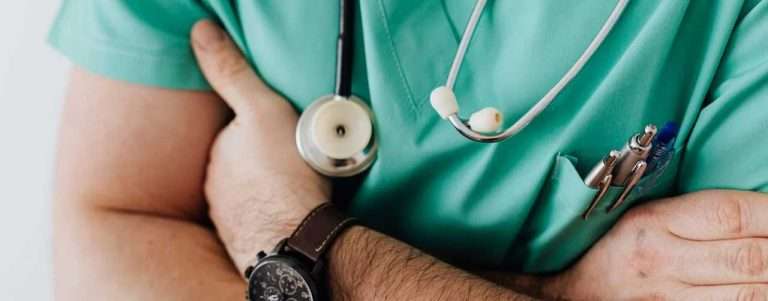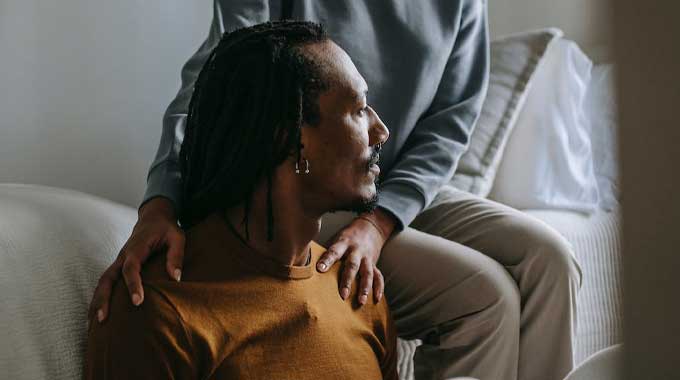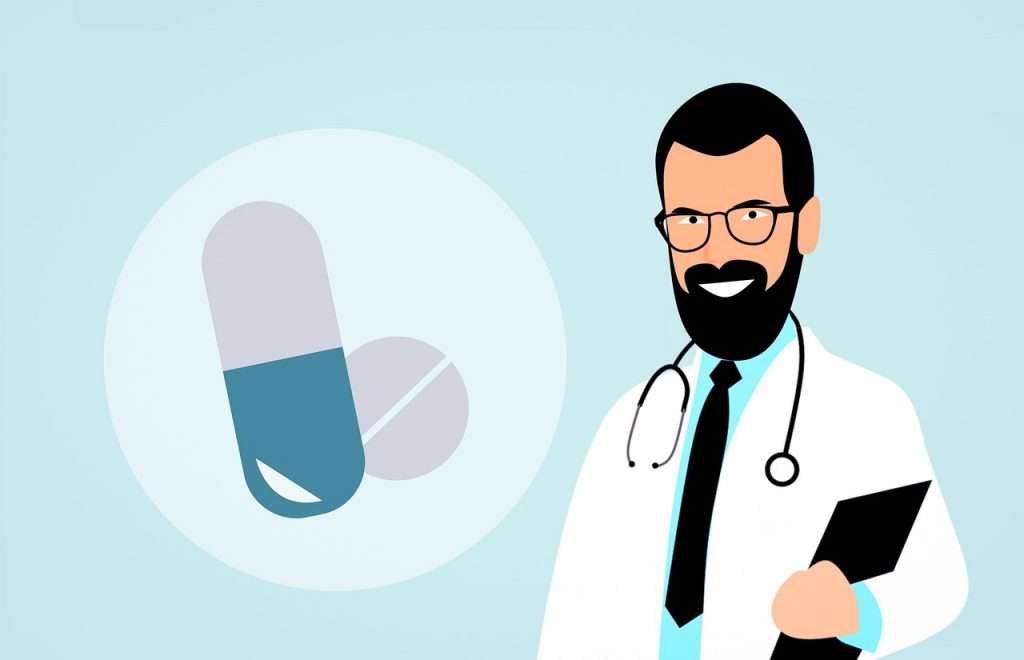Forty to 60% of people who are treated for substance abuse disorders are likely to relapse, according to data collected from the National Institute on Drug Abuse (NIDA).1 Relapses happen for a number of reasons, so it’s important to understand the common triggers and have a plan to respond when those situations trigger emotions.
In the Orange County recovery community, we use the acronym BHALT to describe the common emotions that lead to relapses: bored, hungry, angry, lonely, and tired. When addicts experience those emotions, whether they are in recovery or actively using, they can trigger their urge to drink or use drugs. That’s why it’s important to have an aftercare plan, not only for the days immediately following your rehabilitation but for the rest of your life.
Think about it: During the initial phases of sobriety and rehabilitation, you’re surrounded by a strong support system and you’re insulated from real-world temptations. You’ve got access to addiction and recovery counselors, doctors and nurses who specialize in treating addiction, fellow addicts who are going through the same thing, and, if you’re fortunate enough, you’ve got support from your friends and family. Those experts and loved ones ushered you through the detoxification process and were with you every step of the way during your treatment, and your recovery program.
What happens when you go back into the “real world” and you don’t have that 24/7 support system? That’s where your aftercare plan is vital to successful sober living. It’s the foundation of our care programs here at Cornerstone — our founder started Cornerstone after he witnessed addicts being released from medical care with no plans for long-term sobriety.
Addiction aftercare plan example
Relapse prevention therapy is very important to your sobriety. If you are exploring options for treating drug or alcohol addiction for yourself or someone you know, look for programs that include specific tactics for post-addiction recovery or addiction aftercare.
An addiction aftercare plan should address four parts of your life: your health, your home, your work, and your community.
Your health and sobriety
Your family physician should be part of your recovery process. He or she is ethically bound to keep your medical history confidential, and that includes your addiction and recovery program. Check in with your doctor for a physical if you haven’t had one recently, so you can rule out any other underlying medical conditions that could affect your healthy living.
Everything you put in your body at this point is food for sobriety. Eat well-balanced, healthy meals and as your doctor and recovery team recommends, exercise regularly within your physical limits.
Sober living at home
Part of our program is to invite family members and partners to be part of the person’s recovery program. They need to understand addiction and recovery, and they need to learn how to support you as you return to “normal” life.
Communication is key to the success of any relationship, and that’s truer than ever for people who are in addiction aftercare programs. Those BHALT emotions that trigger relapses? Your post-rehabilitation program will include advice on what to do (such as calling your sponsor) when you need help with living at home.
Getting back to work
It can be embarrassing to explain a prolonged absence; you don’t want to lie, yet you don’t want to jeopardize your job by telling the truth. Likewise, if you lost your job because of your addiction, finding new work may be challenging.
Your addiction aftercare program will include a plan for what some call “fulfilling your sense of purpose” in your life, whether it is through work, volunteerism, or some sort of hobby. Your recovery counselor will help you come up with a plan for communicating your absence to your coworkers and clients or customers, as well as finding that sense of purpose.
This is an important part of your recovery — without a sense of purpose, those BHALT emotions easily creep in. If you don’t work (retired, disabled, etc.), a strong aftercare plan will encourage you to volunteer, find part-time work, start or revisit a hobby, or even go back to school — something that fulfills our sense of purpose.
Surround yourself with people who bring out the best in you. Being sober and in recovery may mean giving up relationships that contributed to your drug or alcohol abuse. This is tough — and it’s why having a plan for a post-rehab program is vital to success in addiction aftercare.
Types of post-rehab programs
Your recovery team and sponsor can help direct you to post-rehabilitation programs that will provide a support system for your new sober life. Here are some examples of types of post-rehab programs.
Extended care programs
This type of post-recovery program is designed to serve as a bridge between in-patient care and return to normal life. The extended care program, or ECP, is done in a group setting and is designed to help prevent relapse. The length of the ECP depends on the individual, their history, and their needs.
Aftercare recovery groups
Many rehabilitation centers, including Cornerstone, have post-recovery programs such as group therapy, family and couples therapy, and day treatment. Day treatment is also referred to as a partial hospitalization program, because you spend the day under the care of an addiction recovery team, working the program and receiving treatments. At night you go home. This is a good option for people in recovery who have strong and stable home lives.
You might also be interested in Cornerstone’s alumni groups, which are for families, sponsors, and all Cornerstone alumni.
Accountability during addiction recovery
Many 12-step programs are designed to help addicts adjust to life and have accountability as they live their day-to-day lives. Alcoholics Anonymous and Narcotics Anonymous are two well-known programs that combine daily in-person meetings with one-on-one mentorships. It’s very likely that during your in-patient rehabilitation you’ll start a 12-step program and meet your sponsor, which is a great way to set you up for success when you return to your life outside the safety of the rehabilitation center’s walls.
What to do if you relapse
If you relapse, it is important not to see it as a failure; rather, view it as a part of your recovery process. Many people (as many as 60%, according to NIDA) in recovery experience relapses, and they go on to live sober and happy lives.
If you do relapse, it’s important to reach out to your sober community — your family, friends, sponsor, and addiction recovery specialists like the staff at Cornerstone. Our specialists are on call 24 hours a day, seven days a week, 365 days a year, and trust us, yours is not the first nor will it be the last.
Don’t be ashamed of relapse. Ask for help.






